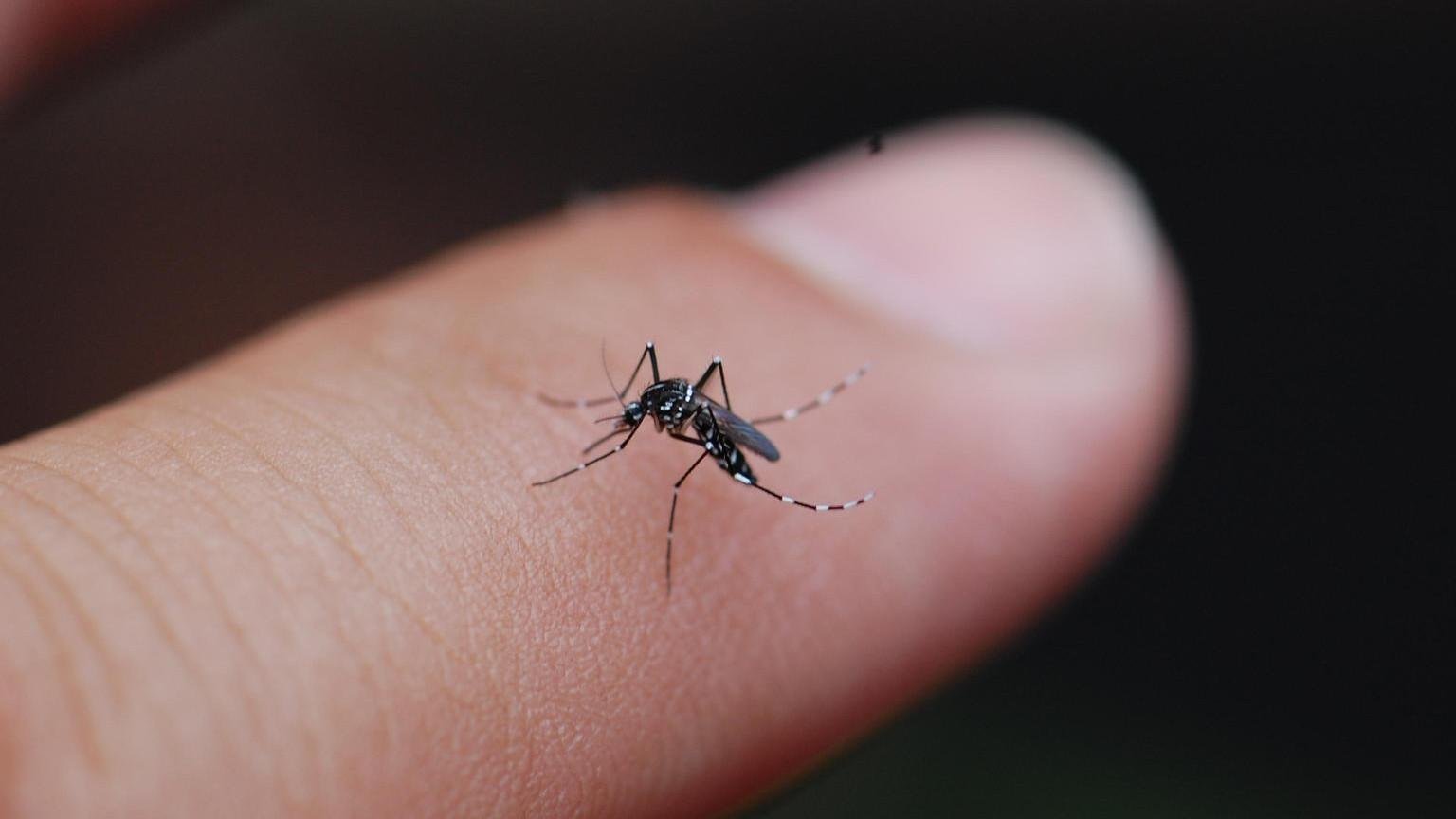ICELAND: Iceland is the only country in the world without a native mosquito population, a distinction that has intrigued scientists for decades. The island’s unique environmental conditions—particularly its freezing winters, unpredictable temperature shifts, and scarcity of stagnant water—create an inhospitable setting for mosquitoes to breed and survive. These factors work together to interrupt the insect’s life cycle, preventing the establishment of permanent populations despite the occasional arrival of stray mosquitoes from abroad.
Researchers point to Iceland’s harsh and highly variable climate as a key element in this phenomenon. Unlike regions where mosquitoes can overwinter in protected habitats or quickly adapt to seasonal changes, Iceland’s rapid shifts between freeze and thaw disrupt the delicate timing required for eggs and larvae to develop. Even temporary pools of water often freeze or drain away before larvae can mature, further reducing the chances of survival for any mosquito that might arrive.
This rare situation has significant public health implications. Without mosquitoes, Iceland is naturally shielded from mosquito-borne diseases such as malaria, dengue, and West Nile virus. This protection spares the country from the health risks and economic burdens associated with controlling and treating such illnesses, offering a living example of how environmental factors can shape disease ecology on a national scale.
For scientists, Iceland provides a valuable natural laboratory to study the relationship between climate, habitat, and insect survival. Understanding why mosquitoes fail to establish populations there may offer insights into controlling or reducing mosquito-borne diseases elsewhere, especially in a warming world where their range is expanding. By examining Iceland’s unique conditions, researchers hope to learn strategies that could be adapted to other regions facing the challenges of vector-borne illnesses.



